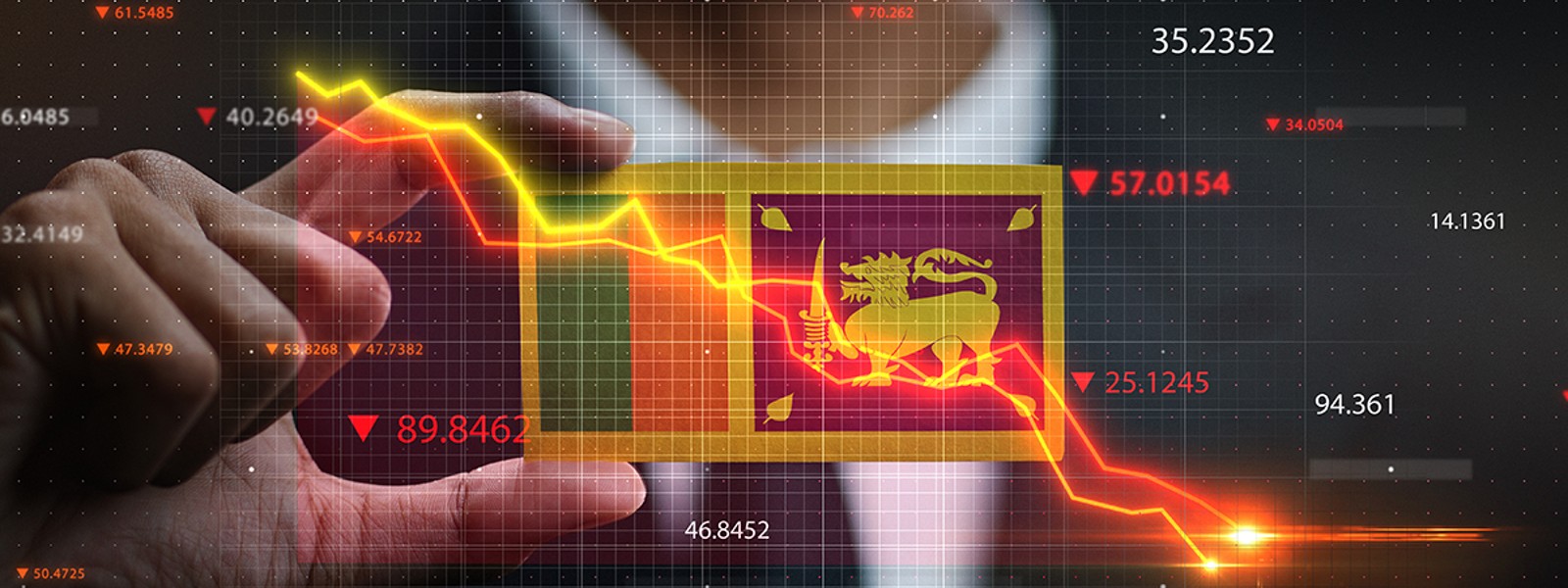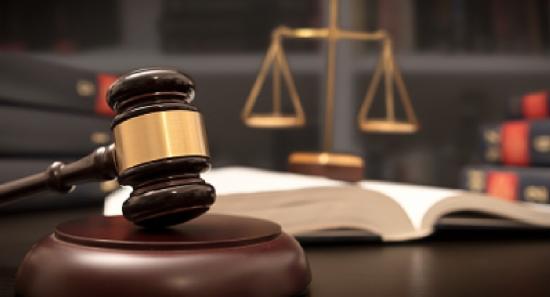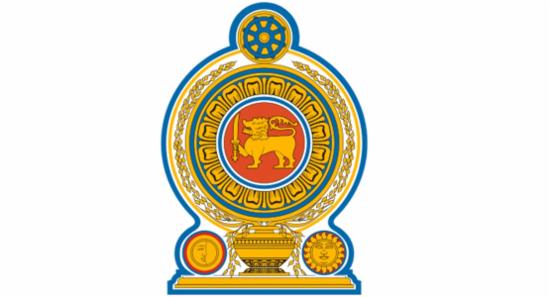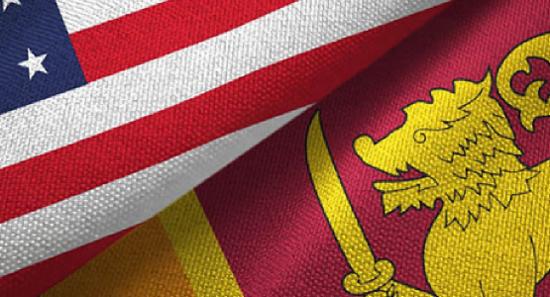.webp)

Sri Lanka's Debt Restructuring talks today (22)
COLOMBO (News 1st) - Sri Lanka's proposal for Debt Restructuring will be discussed online on Friday (23).
Finance Secretary Mahinda Siriwardena told News 1st that all creditor nations will join the discussion, and the plan is to provide them a better understanding on Sri Lanka's Debt Restructuring process.
Sri Lanka will be represented by the Finace Ministry Officials and personnel from the Central Bank of Sri Lanka.
On Thursday (22) foreign diplomats in Sri Lanka assured President Ranil Wickremesinghe of their support to get the assistance of the International Monetary Fund (IMF) to Sri Lanka to recover from the economic crisis, said the President's Media Division.
They made this assurance on Thursday (22) at the Ambassadors’ Forum on Debt Restructuring and IMF Program held at the President’s Office chaired by the President.
Ambassadors from 23 countries, both members and non-members of Paris Club participated at the Forum.
The foreign ambassadors expressed their confidence that Sri Lanka would be able to get out of this situation.
President Ranil Wickremesinghe emphasized that it was the government’s expectation to overcome the economic challenge that the country is facing and assured that all possible measures would be taken in the endeavour.
Governor of the Central Bank Dr. Nandalal Weerasinghe and Finance Ministry Secretary Mahinda Siriwardana explained the progress of the discussions held with the International Monetary Fund (IMF) and the current economic situation in Sri Lanka.
President Ranil Wickremesinghe said that it was a challenge the country had to face to ensure a better future for the next generation. The President said further that transparency and equal treatment would be ensured and maintained at all times.
Why the need to restructure debt?
Years of economic mismanagement and the fallout of the COVID-19 pandemic have pushed foreign exchange reserves to record lows in the worst economic crisis in more than seven decades.
Sri Lanka clinched a staff-level deal in September for a $2.9-billion bailout package from the International Monetary Fund after its central bank declared a default on some foreign debt in April, saying payment was “challenging and impossible.”
But the IMF will only start providing funds after the island nation of 22 million chalks out a sustainable repayment path. That in turn requires negotiation with private creditors and two-way lenders.
The finance ministry and its legal adviser, Clifford Chance, will hold a conference call on Friday with external creditors, to outline the economic woes, debt restructuring plans and the targets set by the IMF.
Who are the key players?
Total foreign currency debt of $38.7 billion amounts to 48.2 percent of GDP, the latest IMF report showed in March.
That includes $13 billion in international sovereign bonds held largely by private creditors, such as asset managers BlackRock (BLK.N) and Ashmore (ASHM.L).
The Paris Club informal group of creditor nations that includes India and Japan holds $4.9 billion of Sri Lanka’s debt, and China about $5 billion more.
What are the potential complications?
Debt crisis veterans cite uniquely tough problems.
Sri Lanka is the first middle-income country to default after the COVID-19 pandemic. It is outside the G20 framework set up to help poor countries navigate defaults.
Estimates of its complex borrowings range from $85 billion to more than $100 billion.
Foreign creditors could demand that the government also restructure $48.6 billion of domestic debt, equivalent to about 60 percent of GDP, potentially complicating and delaying recovery.
Competing regional powers China, India and Japan must also find common ground on how to reduce the debt they are owed.
What is at stake?
If Sri Lanka is unable to get its debt restructuring on track in a timely way and lock down a IMF board level pact, it will lose out on additional financing to stabilize and reform its economy on the path to growth.
Without a solution, more unrest could threaten, after months of hardship, brought by shortages of essential items of food, fuel and medicines and inflation that soared to 70.2 percent in August.
Unprecedented street protests forced the resignation of then president Gotabaya Rajapaksa after he fled the country in July, allowing political veteran Ranil Wickremesinghe to take over.
Input from agencies
Other Articles
Featured News





.png )



-793492-797477_850x460-797844_550x300.jpg)






-797273_550x300.jpg)



















.gif)